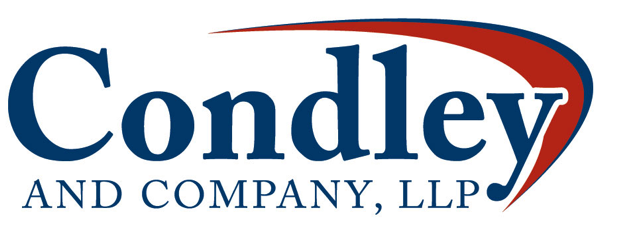
The IRS recently released the “dirty dozen” tax scams to avoid in 2013. The annual list, which differs only slightly from last year’s, includes the following:
1. Identity theft. Identity theft is the unauthorized use of your personal information—name, Social Security number, etc.—to commit a crime. Frequently, identity thieves use this information to claim a false tax refund.
2. Phishing. Typically, an unsolicited e-mail or fake Web site is designed to pry away your valuable financial information. Then the con artist commits fraudulent acts based on the stolen information.
3. Tax return preparer fraud. Although most return preparers can be trusted, there are always a few bad apples in the barrel. Rely only on reputable preparers who sign the returns they prepare and indicate their Preparer Tax Identification Numbers.
4. Offshore income. Some taxpayers evade U.S. taxes by hiding income in offshore accounts and then using debit cards, credit cards or wire transfers to draw down the funds. Other scams involve foreign trusts, employee-leasing schemes, private annuities or insurance plans.
5. “Free money” offers. Advertisements promising tax refunds with little or no documentation have flooded community churches around the country. The false claims are often spread by word of mouth by unsuspecting churchgoers.
6. Impersonating charitable organizations. In the wake of disasters such as Hurricane Sandy, criminals may impersonate charities to obtain money or information from taxpayers. Some representing bogus charities may contact potential donors, while others reach out to disaster victims by claiming to be working for or on behalf of the IRS.
7. False/inflated income and expenses. Another popular scam is to include income that was never earned, either as wages or as self-employment income, so as to maximize refundable tax credits. This could result in improper refunds.
8. False 1099 refund claims. Individuals have made refund claims based on the bogus theory that the federal government maintains secret accounts for U.S. citizens and that taxpayers can gain access to the accounts by issuing 1099-OID (Original Issue Document) forms to the IRS.
9. Frivolous arguments. Promoters of frivolous schemes encourage taxpayers to make unreasonable and outlandish claims to avoid paying the taxes they owe. The IRS has a list of frivolous tax arguments that taxpayers should avoid.
10. Zero wages. A taxpayer might use a Form 4852 (Substitute for Form W-2) or a “corrected” Form 1099 to fraudulently reduce taxable income to zero. Another scam is to submit a statement rebutting wages and taxes reported by a payer to the IRS.
11. Disguised corporate ownership. Third parties are improperly used to request employer identification numbers and form corporations obscuring actual ownership of the business. These entities may underreport income, claim fictitious deductions, avoid filing tax returns, participate in listed transactions and facilitate money laundering.
12. Misuse of trusts. Questionable transactions may revolve around reduction of taxable income, personal deductions and reductions of estate or gift taxes. Such trusts rarely deliver the tax benefits promised. If it sounds too good to be true, it probably is not true.
Tax frauds, especially those taking place in cyberspace, are becoming more prevalent. If you are confronted with one of these situations, use a heavy dose of skepticism.
